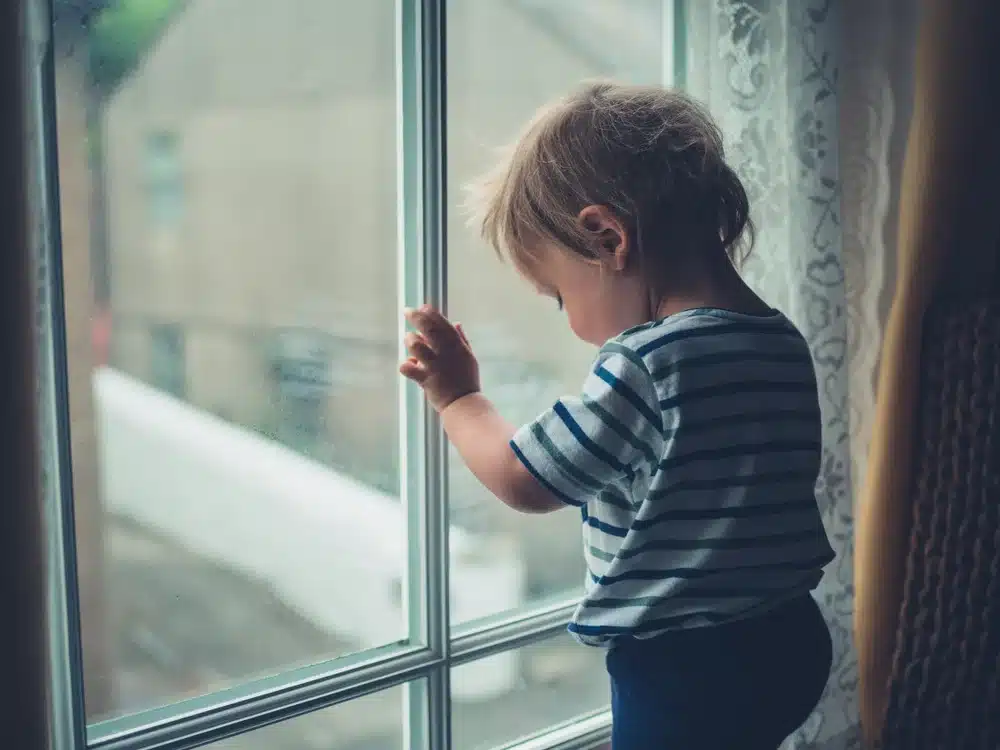Are you parents? Are you Worried about your toddler poop smells like mothballs? Why does it happen and what to do?
Parenthood is full of surprises and one unexpected situation you might see is when your toddler poop smells like mothballs. It’s typical for parents to notice changes in their toddler’s bowel habits. Some parents make the perplexing observation that their toddler’s excrement smells like mothballs. While this can be unsettling, it’s critical to realize that there are several potential causes.
When your toddler’s excrement smells like mothballs, it can be difficult to diagnose without visiting a doctor. Anything from a vitamin deficiency to a food allergy or even a gastrointestinal infection might be the cause.
In this article, We’ll examine the sources of this weird smell and offer advice on what to do if your toddler’s feces smells like mothballs.

Why Does the Poo from My Toddler Smell Like Mothballs?
Dietary elements:
The most frequent cause of weird smells in toddler poop is their nutrition. The scent of stools might vary depending on the substances and foods consumed. The flavor of your toddler’s excrement may change if they recently ate items with strong flavors, such as some spices, aromatic vegetables like asparagus, or even strongly flavored manufactured meals.
Constipation:
Stool odor might vary as a result of constipation, frequently becoming more overpowering. It happens when a youngster has trouble routinely passing feces, which results in stool that has stiffened and occasionally smells bad.
Digestive System Problems:
Stool odor can be impacted by several gastrointestinal conditions, including irritable bowel syndrome (IBS) and inflammatory bowel disease (IBD). Changes in bowel motions may come from these disorders altering digestion and nutrient absorption.
Dehydration:
In some situations, concentrated urine with a strong odor can give stool a peculiar scent that is occasionally referred to as “mothball-like.” Make sure your child drinks enough water to dilute the pee and lessen the chance that it will affect stool odor.
Medication:
If your child is taking supplements or drugs, some of them may change the smell of their feces. If you think they might be causing the odor, talk to your doctor about any new drugs or dietary supplements.
Lactose Intolerance:
When dairy products are taken, lactose intolerance and the inability to digest lactose (a sugar contained in milk and dairy products) can result in gastrointestinal symptoms such as flatulence and strange-smelling stools.
Mothballs on Clothes:
On occasion, the scent of mothballs can get on clothes and then into a toddler’s skin, giving the impression that the feces smell like mothballs. This can be avoided by ensuring appropriate mothball storage and adequate ventilation for stored garments.
Gluten Intolerance:
If you have gluten intolerance or sensitivity, such as non-celiac gluten sensitivity, you may experience gastrointestinal symptoms after eating foods that contain gluten, including changes in the odor of your feces.
Gastrointestinal Infections:
Changes in stool odor can result from gastrointestinal tract infections. It’s crucial to speak with a healthcare provider if your toddler exhibits additional symptoms including diarrhea, a stomachache, or a fever.
Digestive issues:
Some digestive illnesses, such as malabsorption problems or dietary intolerances, can affect the makeup and smell of feces. Consult your pediatrician for a diagnosis if you notice digestive issues.
How to Handle Toddler Poop That Smells Like Mothballs
Examine their diet first:
Review your child’s most recent diet as a starting point. Has their dietary intake undergone any notable changes? Find meals with strong aromas and think about temporarily cutting back to see if it impacts stool odor.
Ensure Proper Hydration:
Make sure your child is well hydrated. Encourage your child to consume enough liquids throughout the day to maintain proper hydration. This can lessen any potential impact on feces odor and assist in diluting urine.
Monitor For Other Symptoms:
Keep a watch out for any additional symptoms that may come along with the unusual feces smell, such as changes in bowel patterns, stomach discomfort, or fever. Consult a doctor if these symptoms worsen or continue to persist.
Medication Check:
Check with your child’s doctor whether they are taking any supplements or drugs. If the medicine is the issue, they can assist in identifying it and, if necessary, investigate other possibilities.
Maintain proper Hygiene:
Practice proper hygiene, especially when changing diapers. To avoid any leftover scents, make sure your toddler’s bottom has been completely washed.
The Right Time to Seek Medical Help
If your toddler’s stool odor persists, is accompanied by alarming symptoms, or you have any concerns about his health, see a physician. The doctor will evaluate your child thoroughly, perform any necessary tests, and offer specialized advice based on the circumstances of your child.
Conclusion
The majority of the time, strange feces smells in children are caused by dietary or environmental variables and should not be cause for concern. To make sure your child is healthy and to rule out any underlying medical conditions, you must speak with a healthcare provider. When it comes to your child’s health, keep in mind that as a parent, your instincts are priceless.
FAQs
Why Does My Toddler’s Poop Suddenly Smell Like Mothballs?
Toddlers’ changes in feces odor are frequently caused by dietary variables. The smell of stools can be affected by pungent foods or specific drugs.
Are There Specific Foods That Can Cause This Mothball-Like Odor In Stool?
Certain foods, like asparagus, spices, and highly scented processed foods, might cause infants to have peculiar scents in their stools.
Is A Mothball-Like Odor In My Toddler’s Poop A Cause For Concern?
No, not always. If it just happened once and your toddler is otherwise healthy, it was probably caused by diet. Consult your pediatrician nevertheless, if it continues or is accompanied by other unsettling symptoms.
How Can I Reduce Or Eliminate The Unusual Odor In My Toddler’s Stool?
You could try limiting the intake of foods with potent smells in your toddler’s diet and making sure they drink enough water. Consult a healthcare practitioner if the scent lasts or causes you any concern.
What Are The Signs That I Should Consult A Pediatrician About My Toddler’s Stool Odor?
If the strange stool odor persists, is followed by changes in bowel habits, stomach discomfort, or fever, or if you have any other worries about your toddler’s health, you should see a pediatrician.
Can Gastrointestinal Infections Or Digestive Issues Be Responsible For The Mothball-Like Odor In Stool?
Yes, certain digestive problems and gastrointestinal illnesses can affect feces odor. It’s crucial to get a medical checkup if you have any suspicions about these problems. Visit for home decoration website.
Should I Be Worried If My Toddler’s Poop Changes Color Along With The Unusual Odor?
Stool color, consistency, or odor changes that are considerable and persistent should be reviewed with a healthcare professional to rule out any underlying health conditions.
Read also: How Often To Change Newborn Diaper: A Parent’s Guide










